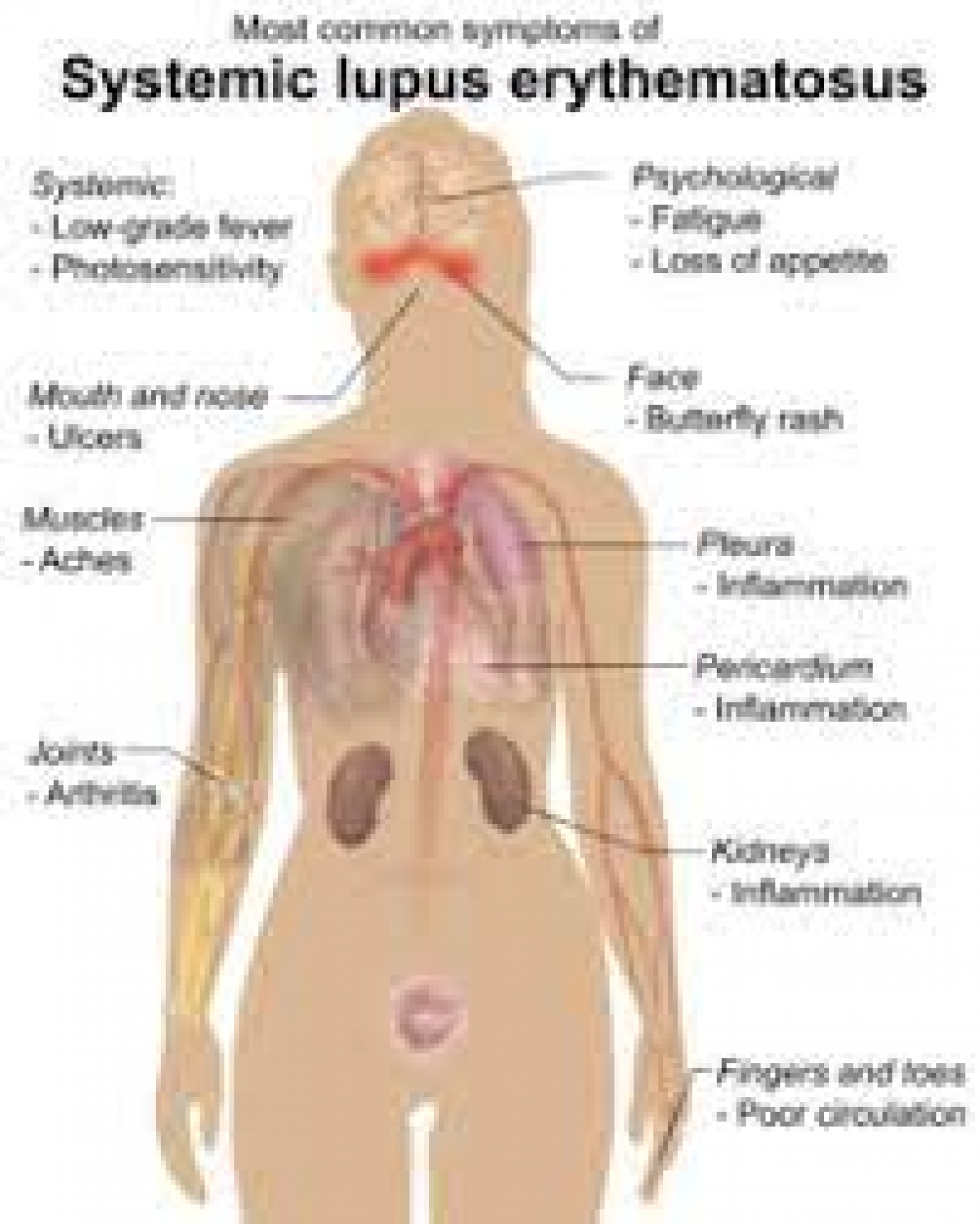It noted that inflammation caused by lupus can affect different parts of the body and organs, including the joints, skin, kidneys, blood cells, brain, heart, and lungs.
The cause of lupus in most cases is unknown. However, experts have noted that the disease might be caused by a combination of genetics and the environment.
The Rheumatologist said lupus is a chronic medical condition but that it is not a death sentence.
He added, “It is a chronic lifelong medical condition, just like hypertension and diabetes, and patients will use drugs for life. Lupus is not a death sentence. It is not like cancer that we give an estimated life expectancy based on the stage of diagnosis.”
To live a normal, quality life and prevent lupus complications, Dr. Olaosebikan recommended “early diagnosis, early initiation of lupus drugs, regular use of lupus drugs, regular follow up, clinic attendance, avoid triggers of lupus flares and avoid high calories and fatty foods.
“Increase intake of fruits, fish, fibres, vegetables and roughages. Abstinence from smoking and alcohol, regular exercise, avoid excessive sunlight exposure and stress in any form.”
Olaosebikan, who is also a lecturer at the Lagos State University College of Medicine, Ikeja, further said that undiagnosed and untreated lupus can lead to complications such as organ malfunction and failures, infection, reduction in blood supply to organs due to clots in the blood vessels or narrowing of blood vessels; recurrent dryness of the mouth, throat, eyes, skin and psychosocial problems.
The physician noted that while there is no cure for lupus, treatments can help control symptoms as they arise.
“Management of complications requires a multidisciplinary approach because many specialists are involved, preferably in a teaching hospital. Patients may need intensive care or high dependency ward admission, life-saving support like dialysis machine, oxygen support, blood products transfusion and highly intravenous drugs,” he said.
Source: HealthWise







